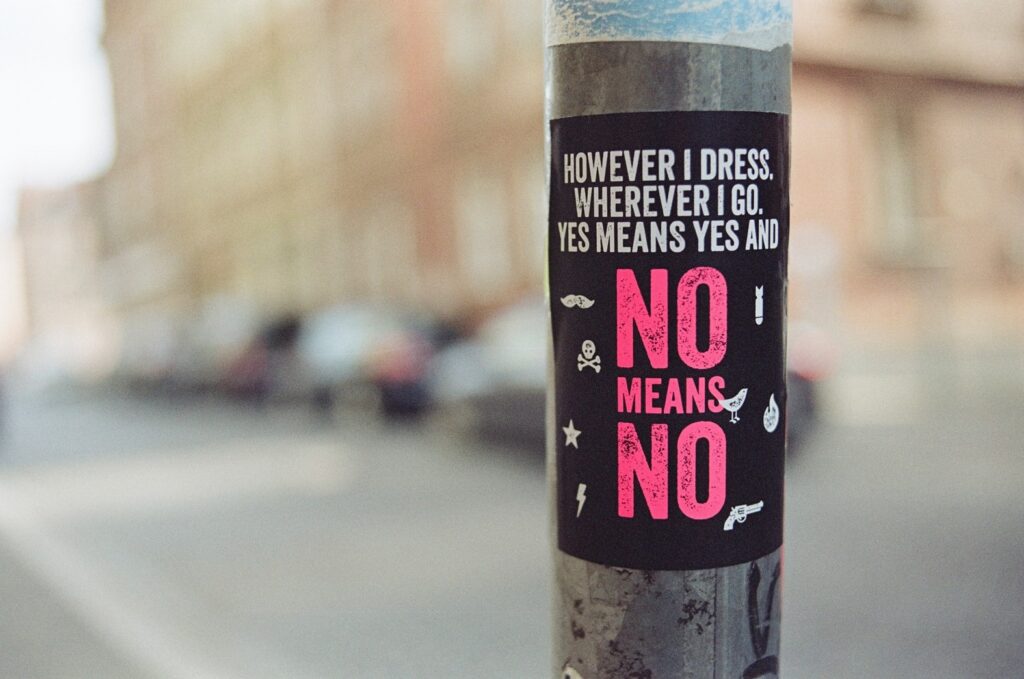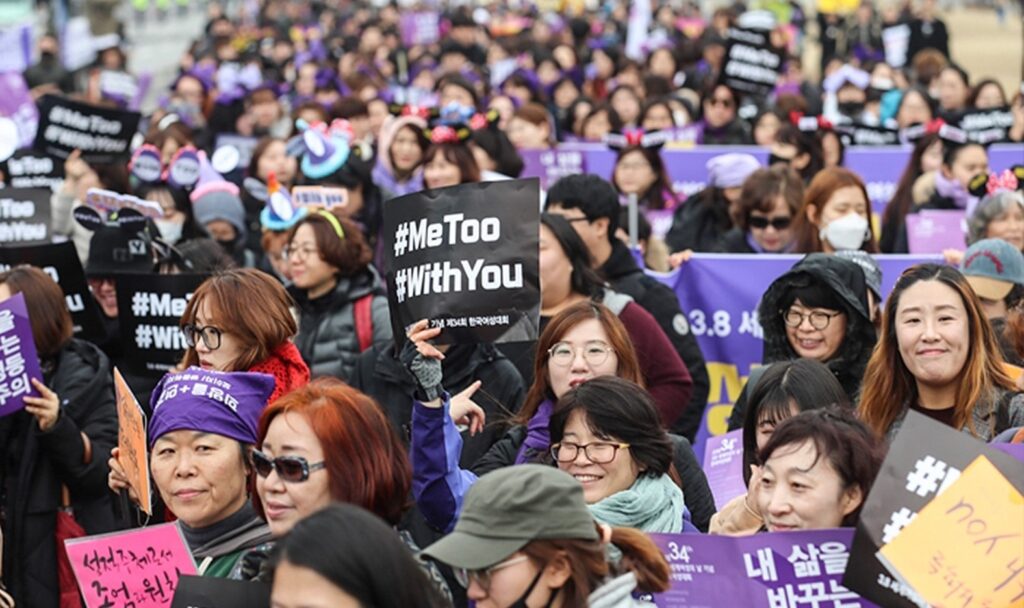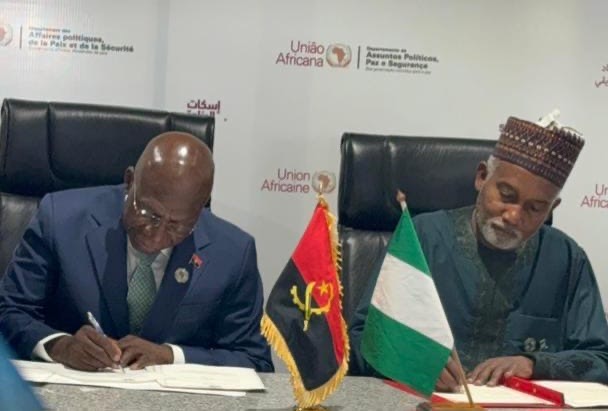In October 2017, the world was shaken by the resounding roar of the Me Too Movement. What began as a simple hashtag on social media platforms quickly grew into a global phenomenon, shedding light on the pervasive issue of sexual harassment and assault. With unprecedented momentum, the movement has sparked discussions, legal reforms, and societal changes, fundamentally altering the way we perceive and respond to these issues.
The Me Too Movement’s origins lie in the heartfelt dedication of Tarana Burke, a tireless social activist with a mission to support survivors of sexual violence. Burke’s journey began long before the movement gained global recognition in 2017. In 2006, she coined the phrase “Me Too” while working to create a safe space for those who had experienced sexual harassment and assault. It was on the social media platform MySpace that the first seeds of this movement were planted.
Burke’s vision was to provide survivors with a platform to share their stories and find solace in the knowledge that they were not alone in their experiences. She aimed to foster a sense of solidarity and healing within the survivor community. “Me Too” was a call to action and an invitation for survivors to come forward, connect, and support one another.
The transformative moment for the Me Too Movement came over a decade later when Alyssa Milano, a prominent actress, issued a call to arms on Twitter in October 2017. Milano encouraged survivors of sexual harassment and assault to use the hashtag #MeToo to share their stories. Her intent was simple: to create a wave of awareness that would help people understand the staggering extent of the problem. She was not disappointed.
Within days, the hashtag #MeToo began to trend and quickly spread like wildfire. The response was nothing short of extraordinary, with millions of individuals from all walks of life taking to social media to share their experiences. People bravely spoke out about their encounters with sexual harassment and assault, revealing the pervasive and far-reaching nature of this issue. It was a watershed moment that showcased the universality of the problem, transcending boundaries of race, gender, age, and socio-economic status.
The power of the collective voice that emerged was awe-inspiring. It demonstrated that sexual harassment and assault were not isolated incidents but systemic issues that affected countless individuals worldwide. The #MeToo movement underscored that the time for silence and complicity had passed. It was time to take a stand against a culture that perpetuated such misconduct and hold those responsible accountable for their actions.

The Me Too Movement exposed the extent of sexual harassment and assault, revealing that it occurs in various settings, from the workplace to personal relationships. The movement highlighted that anyone can be a victim, and anyone can be an offender. This revelation forced society to acknowledge that the issue is not limited to a few isolated incidents but rather a systemic problem deeply rooted in our culture.
Historically, survivors of sexual harassment and assault often remained silent due to fear, shame, or disbelief. Me Too shattered this silence, allowing survivors to speak openly and without judgment. It encouraged empathy and provided a platform for victims to share their stories. By doing so, it helped survivors reclaim their dignity and gave strength to others to come forward.
The Me Too Movement has drawn the support and involvement of many notable celebrities and public figures who have come forward to share their own experiences or advocate for change. While the list is not exhaustive, here are some prominent stars who have been part of the Me Too Movement:
1. Alyssa Milano: As mentioned earlier, Alyssa Milano played a significant role in popularising the #MeToo hashtag on social media, which helped catalyse the movement.
2. Tarana Burke: The original founder of the Me Too Movement, Tarana Burke, has remained a crucial voice in the campaign, advocating for survivors and pushing for change.
3. Ashley Judd Actress Ashley Judd was one of the first high-profile celebrities to publicly accuse Harvey Weinstein of sexual harassment, making her an early and prominent figure in the movement.
4. Rose McGowan: Another actress who accused Harvey Weinstein of sexual harassment, Rose McGowan, has been a vocal advocate for survivors and has been actively involved in Me Too-related activism.
5. Mira Sorvino: Actress Mira Sorvino is an outspoken supporter of the Me Too Movement and has shared her own experiences with sexual harassment.
6. Gwyneth Paltrow: Actress Gwyneth Paltrow accused Harvey Weinstein of harassment and has since been a vocal advocate for victims and a supporter of the movement.
7. Terry Crews: Actor Terry Crews came forward with his own story of sexual harassment, demonstrating that men can also be survivors. He has become an advocate for change in the industry and beyond.
8. Reese Witherspoon: Actress and producer Reese Witherspoon has been active in speaking out against sexual harassment and pushing for gender equality in the entertainment industry.
9. Oprah Winfrey: Talk show host and media mogul Oprah Winfrey has used her platform to discuss the Me Too Movement and support survivors.
10. Jennifer Lawrence: Actress Jennifer Lawrence has spoken out about her experiences with objectification in the entertainment industry and has been a vocal advocate for gender equality.
11. Evan Rachel Wood: Actress Evan Rachel Wood has shared her experiences with sexual assault and has been a prominent voice in the movement, advocating for survivors and raising awareness.
12. Anthony Rapp: Actor Anthony Rapp accused Kevin Spacey of sexual misconduct, contributing to the broader conversation around sexual harassment and assault.
These celebrities, among many others, have used their platform and influence to support the Me Too Movement, share their stories, and advocate for systemic change to combat sexual harassment and assault in various industries and society as a whole.
The Me Too Movement had a profound impact on legal systems around the world. In the United States, for instance, it prompted changes in the workplace, with many companies reviewing and revising their policies on harassment and discrimination. In addition, it led to an increase in sexual harassment lawsuits and convictions, signalling that accountability was on the rise.

The Me Too Movement sparked conversations about gender dynamics and power structures. Women started to recognise their rights, voices, and strength in unity. The movement empowered women to assert themselves, demand respect, and challenge the status quo. It also called on men to be allies in the fight against sexual harassment, fostering a more inclusive and equitable society.
The cultural shift brought about by Me Too was undeniable. Media, entertainment, and politics were particularly affected, with high-profile figures being exposed and held accountable for their actions. This sent a strong message that nobody, regardless of their status, is above the law. The movement led to greater scrutiny of not only individuals but also institutions that had perpetuated a culture of silence and complicity.
While the Me Too Movement has achieved significant progress, it has also faced criticism. Some argue that it has gone too far in assuming guilt without due process, potentially harming innocent individuals. Others are concerned about the movement’s impact on workplace dynamics, suggesting that the fear of false accusations can stifle open communication. Striking a balance between justice for survivors and the rights of the accused remains a complex challenge.
The Me Too Movement has undeniably been a monumental force in raising awareness about sexual harassment and assault. It has initiated important discussions, brought about legal reforms, and empowered countless survivors to share their stories. While it faces challenges and criticisms, it has fundamentally altered the way we perceive and address sexual misconduct. The movement is a testament to the power of collective action and a reminder that the fight against sexual harassment is far from over. It is a call to action for society to continue its commitment to creating a safer, more equitable world for all.
Sources




